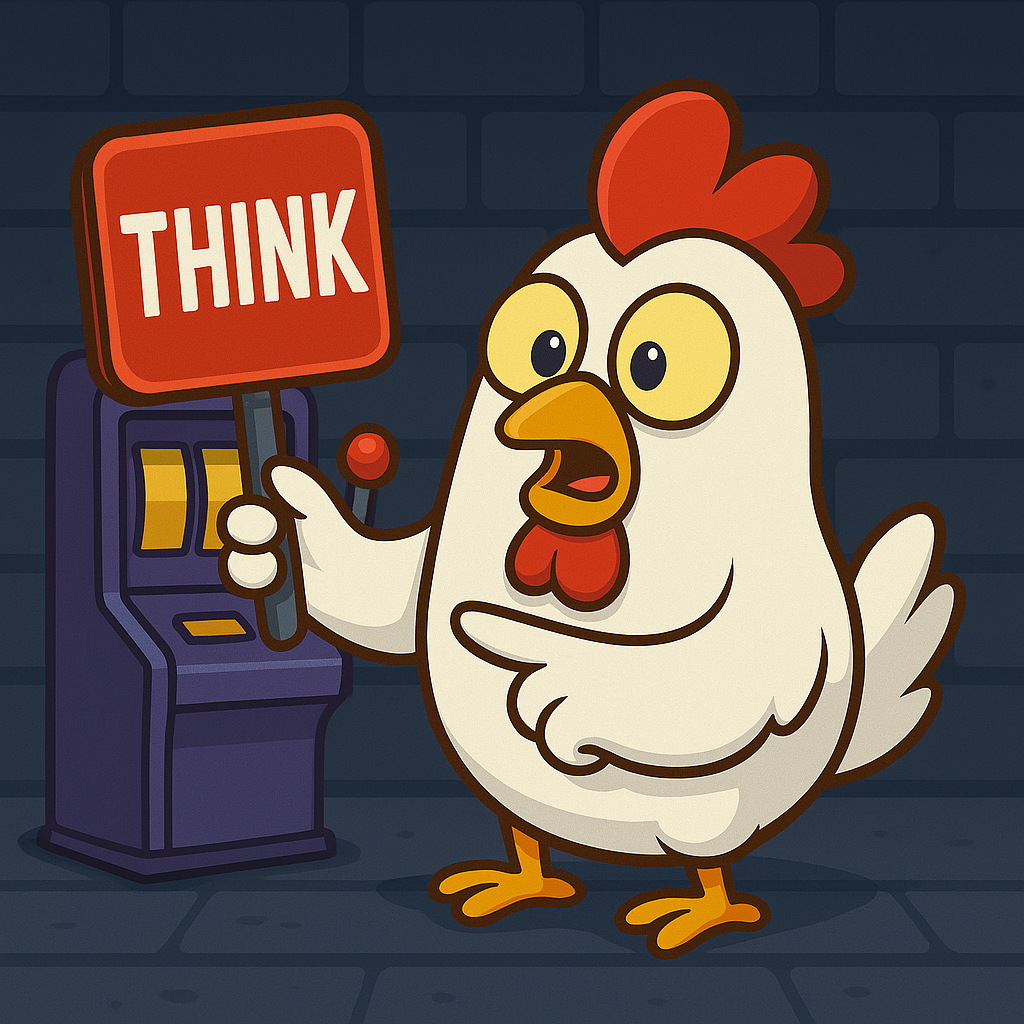Responsible gaming means maintaining a healthy and balanced relationship with games, where entertainment does not interfere with daily life, responsibilities, or well-being. We believe that gaming should always remain a positive, enjoyable, and safe activity.
This page outlines our approach to responsible gaming and provides practical advice and tools to help you stay in control. Whether you’re a casual or regular player, your well-being comes first.
Our commitment to responsible gaming
We are committed to promoting responsible gaming and supporting a safe environment for all players. Games are meant to be fun and engaging, but we recognize that, for some individuals, gaming can become excessive or negatively impact their daily life.
Our goal is to create a space where users feel informed, empowered, and supported. We incorporate features that encourage self-awareness, provide access to helpful tools, and allow players to make informed decisions about their gaming habits.
We also believe in transparency. We clearly communicate the potential risks of overuse and provide easy access to resources for anyone who needs help. We continuously monitor and evaluate our platform to identify opportunities for improvement in supporting healthy gaming behavior.
Responsible gaming is a shared effort, and we’re here to support you in staying in control and enjoying games for the right reasons.
Understanding healthy gaming habits
Maintaining a balanced relationship with gaming is essential for long-term enjoyment and well-being. Like any other form of entertainment, games should fit comfortably into your lifestyle without replacing responsibilities, relationships, or self-care.
Responsible gaming involves being mindful of how often and why you play, setting boundaries, and recognizing when it’s time to take a break. Developing healthy habits not only enhances your experience but also reduces the risk of gaming-related stress or burnout.
What responsible gaming looks like
Some examples of healthy gaming behavior include:
- Playing during designated free time, not at the expense of work, school, or personal commitments
- Taking regular breaks to rest your eyes, stretch, and reset your focus
- Avoiding gaming when feeling overly stressed, tired, or emotionally overwhelmed
- Maintaining hobbies, friendships, and routines outside of gaming
- Setting time or session limits and sticking to them
- Reflecting on how you feel before, during, and after gaming sessions
Building and maintaining these habits can help keep gaming fun, positive, and sustainable over time.
Recognizing signs of problematic behavior
While gaming is meant to be enjoyable and engaging, it’s important to stay alert to changes in behavior that may indicate a loss of control. Excessive gaming can begin to impact mental health, relationships, productivity, and overall well-being. Recognizing early signs of unhealthy patterns allows individuals to take action before serious consequences arise.
Friends or family members may notice changes first, but it’s equally important to stay aware of your own habits. Reflecting on how gaming fits into your life can help you maintain a positive balance.
Common warning signs
| ⚠️ Behavioral Sign | 🧠 What It Might Indicate |
| Ignoring responsibilities | Gaming is interfering with work, school, or personal duties |
| Withdrawing from friends or family | Gaming is replacing social interaction |
| Losing track of time | Difficulty sticking to set time limits |
| Playing to escape negative emotions | Gaming becomes a coping mechanism rather than enjoyment |
| Feeling irritable when not gaming | Signs of emotional dependence or withdrawal |
| Hiding or lying about gaming time | Awareness of the issue but difficulty controlling behavior |
If you notice one or more of these signs regularly, it may be time to reflect on your habits or seek support.
Tools and features to help you stay in control
Maintaining control over your gaming habits is essential for a healthy and enjoyable experience. To support this, many platforms and games offer built-in tools designed to promote self-awareness and encourage responsible use. These features help players monitor their engagement and recognize when it may be time to pause or reflect.
In-game settings and limits
Some games include time tracking systems or notifications that inform you how long you’ve been playing. These gentle reminders can help you make conscious decisions about whether to continue or take a break. Certain platforms also allow players to define custom session lengths or daily limits, creating a structure that supports balanced gameplay. Adjusting gameplay settings to reduce visual or audio intensity can also reduce overstimulation and promote a more relaxed experience.
Access restrictions and breaks
In addition to in-game tools, there are external methods to help manage your time. Setting aside specific hours for gaming within your daily routine creates natural boundaries. Devices often include screen time controls or usage trackers that can be used to limit access. Taking scheduled breaks—whether for movement, hydration, or simply stepping away—can help clear your mind and prevent fatigue. These practices reinforce a sense of control and support long-term well-being.
Support and resources
If you or someone you know is struggling to maintain healthy gaming habits, there are organizations and professionals who can help. Recognizing the need for support is a sign of strength, not weakness, and taking action early can make a real difference.
Many international and regional organizations specialize in behavioral support, including gaming-related challenges. Whether you’re looking for guidance, someone to talk to, or professional assistance, these resources are a good place to start.
| 🌍 Organization | 🧩 Description |
| Game Quitters | Global support community offering education and tools to stop or reduce gaming |
| Mental Health America | National nonprofit providing mental health screening and resources |
| CAMH (Canada) | Center for Addiction and Mental Health with gaming-specific programs |
| NHS (UK) | Public health service offering behavioral addiction support |
| Restart | Therapy program specializing in gaming and digital media overuse |
These resources offer different types of help, from online communities and self-assessment tools to therapy and professional consultation.
Conclusion
Gaming can be a fun and rewarding part of life—but only when it’s balanced and positive. By staying informed, setting boundaries, and seeking help when needed, you can enjoy games in a healthy way. We encourage all players to take responsibility for their gaming habits and prioritize well-being.





